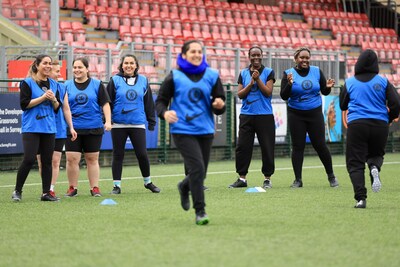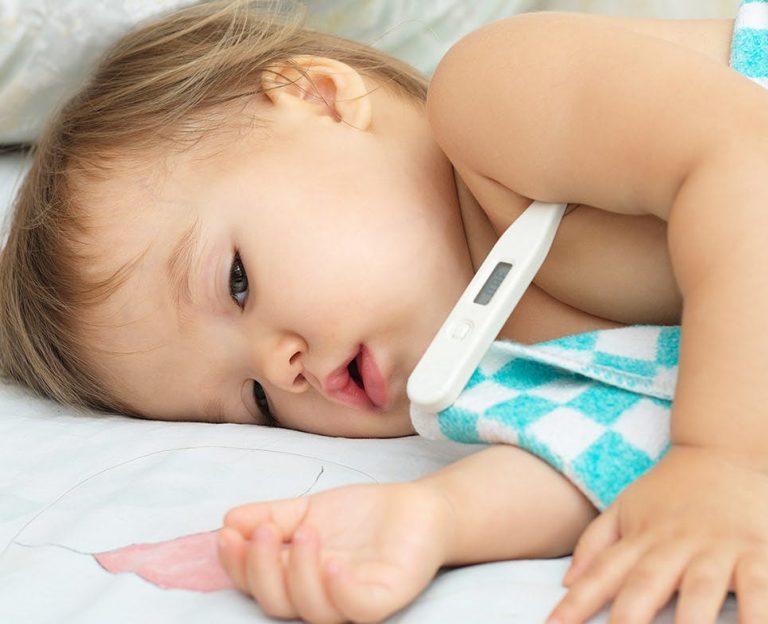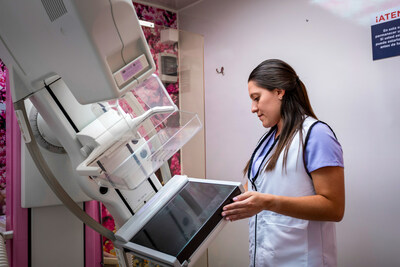There are many common respiratory viruses seen in children, which most will have had by the time they turn two. However, with the reduction in transmission of viral infections last year, there is an increasing number of young children who have never been exposed to these common viruses.
This can lead to bronchiolitis, an infection of the lower airways that can make the airways inflamed and mucusy.
The symptoms are very similar to the common cold, with a runny nose and a cough, but further symptoms can develop within a few days:
· A slight high temperature (fever)
· A dry and persistent cough
· Difficulty feeding
· Rapid or noisy breathing (wheezing).
Most cases of bronchiolitis are not serious, and will clear up in two to three weeks, but you should contact NHS 111 or your GP if:
· Your child has taken less than half their usual amount during the last two or three feeds, or they have had a dry nappy for 12 hours or more
· Your child has a persistent high temperature of 38C or above
· Your child seems very tired or irritable.
Parents should seek emergency NHS care if their child becomes breathless.
Dr Angela Brady, Deputy Chief Medical Officer at NHS Birmingham and Solihull Clinical Commissioning Group, said: “Most cases of bronchiolitis are not serious and clear up within two to three weeks, but the symptoms can be very worrying for parents. For some infants and babies, particularly those born prematurely or with a heart condition, bronchiolitis can be more severe. If parents have any concerns, they should contact NHS 111 or their GP, who can offer advice.”
Dr Brady went on to add: “Good respiratory and hand hygiene can reduce the spread of these infections. Parents are advised to carry tissues and use them to catch coughs or sneezes, bin the used tissues as soon as possible and wash your hands with soap and warm water to kill the germs.
“It is perfectly okay for parents to ask people with colds to keep away from newborn babies, particularly in the first two months, and for babies born prematurely.”












